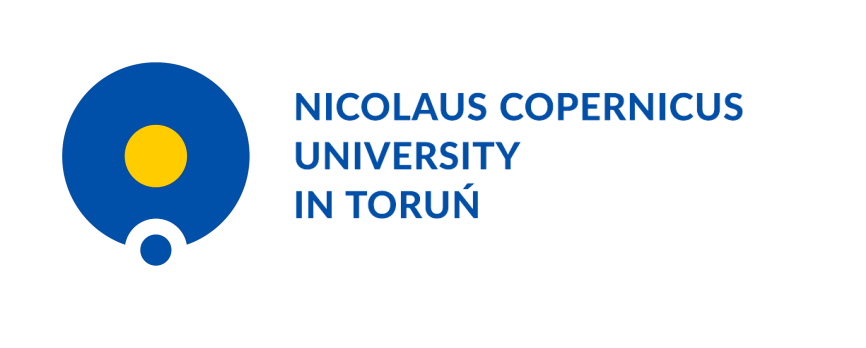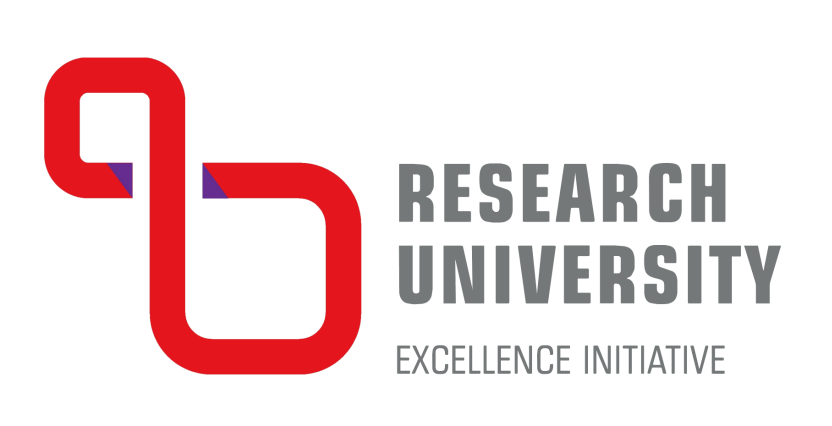Weather and Climate: Reconstructions and Future Scenarios (WERS)
leader of the group – Prof. Dr hab. Rajmund Przybylak
Two areas will be investigated within the research group: Poland and the Arctic.
Research scopes for Poland:
- Reconstruction of climate and the most important extreme Weather, Climate and Water events (WCWs) according to the WMO classification, including the most hazardous (droughts and floods) in Poland in the pre-instrumental period (1001–1800) and to compare them with contemporary conditions. Another important goal will be to identify the causes (meteorological, hydrological and other) of some WCWs, but particularly droughts and floods.
- Search for relationship between climatic and environmental conditions and social and economic development consequences of the climate changes for the human population.
- Assessment of future climate changes in Poland under Coupled Model Intercomparison Project Phase (CMIP6). The main objective of this task is to evaluate the key meteorological variable (i.e. temperature, precipitation) variations under climate change scenarios and their impact on extreme events (i.e. floods and droughts) in Poland for a future period based on the latest report of IPCC (IPCC 2021) and novel climate change scenarios (SSP scenarios) from CMIP6.
- Two large databases will be constructed combining existing data and the new data gathered within the project. The first one will contain weather descriptions about all studied WCWs using the documentary evidence and their critical evaluation. The second one will gather dendrochronological data (mainly negative/positive pointer years), which can be useful for analysis of climate and the WCWs.
Research scopes for Arctic:
- Data rescue activity aiming at collecting as many meteorological data from early instrumental period as possible. We plan to visit some archives and libraries in the European countries (e.g. Germany, Denmark, Switzerland) and based on gathered sources to construct the electronic climatic database.
- Climate and bioclimate reconstructions for the period from the end of the 18th century to the mid-20th century. We particularly want to concentrate on Greenland and Labrador Arctic regions where weather observations and measurements were conducted by the Moravian Missionaries. For the first time for the Arctic there will be a possibility to make a weather indexations for the mentioned regions since the end of the 18th century based on weather excerpts available in many narrative sources.
- New weather and climate knowledge will allow for more reliable estimations of causes of climate changes in historical times in the Arctic.
- Climate and bioclimate changes from historical to present times.
Prof. Dr hab. Rajmund Przybylak was Head of the Department of Meteorology and Climatology of NCU in the years 2000–22. Since September 2020, he has been the Director of the NCU’s Centre for Climate Change Research. In the years 2020–22, he headed the priority research team known as the Climate Change Research Unit (CCRU). His didactic achievements include: supervisor to five successful doctoral promotions, 123 master’s degrees and 28 bachelor’s degrees. His scientific research concerns the climate of the Arctic and Poland and its modern and historical changes, as well as topoclimates and urban climate. To date, he is the author or co-author of more than 380 publications. He has participated in 21 research projects for the State Committee for Scientific Research of the Ministry of Science and Higher Education, NCN, etc., including twelve as Project Manager (and is currently managing two research projects for the National Science Centre), and has been Principal Researcher on three international projects. In his scientific career, he has taken part in eight scientific expeditions to Spitsbergen, Tanzania and Nepal. He received a 2003 Minister of Science and Higher Education Award and is a twenty-times recipient of an NCU Rector’s Award for scientific activity. In recent years, he has given several invitational lectures at national and international conferences and, throughout his career, has made 31 scientific and research visits to various European countries and sat on scientific committees at several national and international conferences. Professor Przybylak is actively engaged beyond the university. For example, he represents Poland in the International Permafrost Association (since 2011), and in 2010–18 was a member of the Atmospheric Working Group of the International Arctic Science Committee (IASC). He has been the President of the Polish Geophysical Society since 2018, a member of the Polar Research Committee of the Polish Academy of Sciences since 2007, a member of the Polish Polar Consortium since 2012 and, since 2018, Chairman of Division III of the Scientific Society in Toruń.


 ul. Gagarina 7, 87-100 Toruń
ul. Gagarina 7, 87-100 Toruń